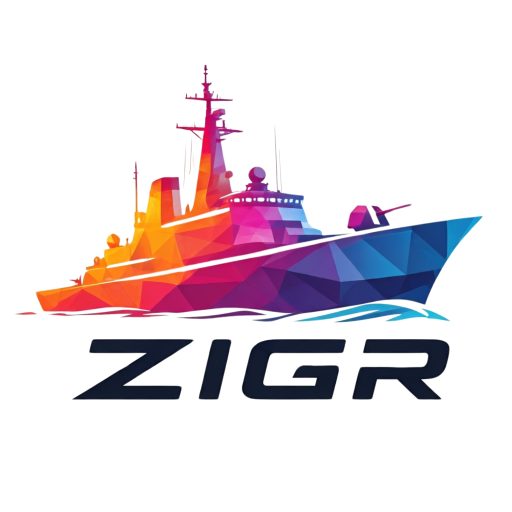Intermodal & Multimodal Freight Solutions in District of Columbia, Maryland, and Virginia (DMV)
ZIGR delivers robust intermodal and multimodal freight solutions that integrate rail, truck, maritime, and air transport into a unified logistics architecture. Designed for efficiency, cost control, and compliance, these solutions enable the seamless movement of cargo across modes while minimizing handling and transfer time. We serve both government and commercial customers with complex supply chain requirements, such as multi-node deliveries, global sourcing strategies, and CONUS-to-OCONUS deployments. ZIGR’s approach leverages automated routing systems, real-time visibility platforms, and strategic partnerships with Class I railroads, ocean carriers, and regional trucking providers. This ensures secure, predictable, and agile transportation across domestic and international corridors—including support for high-security cargo under ITAR, CTPAT, and FAST programs.
Our Key Focus Areas
ZIGR’s intermodal services focus on the movement of containerized freight using standardized ISO containers across two or more modes of transportation—typically combining rail and truck or maritime and rail. We provide access to dedicated intermodal ramps, bonded drayage, and chassis management, ensuring efficient transloading and container integrity. This mode is ideal for high-volume, long-distance shipping with reduced emissions and lower cost-per-mile metrics. Our solutions are commonly utilized for DoD sustainment missions, OEM distribution, and post-M&A supply chain integration where schedule predictability and load traceability are critical.
ZIGR designs and executes multimodal freight movements that may involve non-standardized transfers between different transport types—such as combining breakbulk sea freight with over-dimensional road haul and last-mile air charter. Unlike pure intermodal, multimodal logistics under ZIGR's management allows for flexible coordination of non-containerized or irregular freight, including heavy equipment, mission-critical materials, and project-based shipments. Each multimodal route is engineered for risk-adjusted delivery windows, including environmental planning, customs documentation, and real-time intervention capabilities. This is particularly valuable for disaster response logistics, international construction mobilizations, and government cargo with multi-theater delivery requirements.
